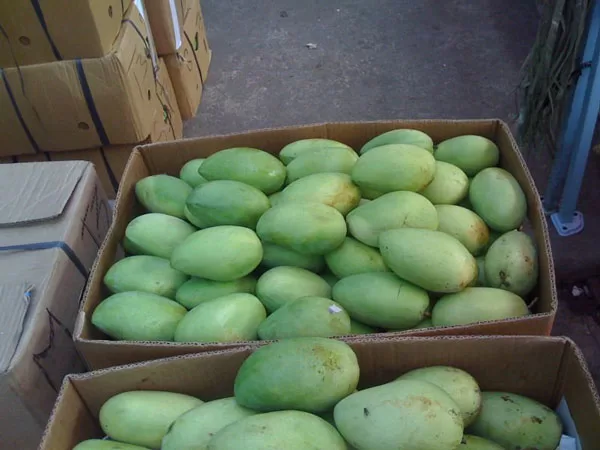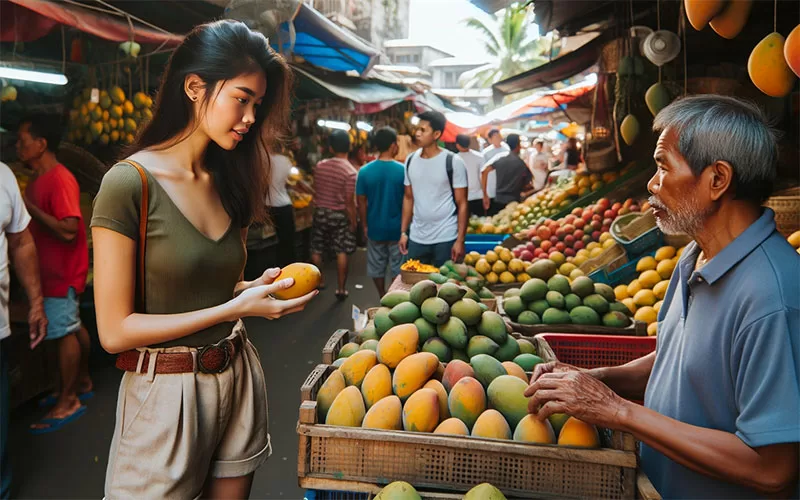Are you looking to tap into the vibrant world of wholesale in the Philippines? With its rich array of local products, the Philippines offers myriad opportunities for those looking to delve into wholesale business. Whether it’s the lush agricultural produce, exquisite handcrafted items, or high-quality industrial goods, this guide will walk you through how to and where to source the best that the Philippines has to offer.
How to Start Wholesale in the Philippines
1. Identify Your Niche: With such a wide variety of products, pinpointing a niche is crucial. Are you interested in the agricultural bounty of coconuts and exotic fruits, or are you more inclined towards the industrial sector of electronics and automotive parts? Perhaps the unique Filipino handicrafts and textiles catch your fancy. Choose a sector that not only interests you but also has a demand in your target market.
2. Understand the Market Demand: Conduct market research to understand the demand trends in your target area. Products like coconut oil, handwoven textiles, and wooden furniture have seen a surge in global demand, making them lucrative options for wholesale.
3. Connect with Local Suppliers: Establish relationships with local suppliers. Visit trade fairs, industry expos, or use online platforms to connect with legitimate suppliers. Ensure they adhere to quality standards and can provide the necessary volume.
4. Know the Regulations: Be aware of the export regulations in the Philippines and import regulations in your country. This includes tariffs, quality standards, and certifications required for certain products.

The Philippines is known for its diverse range of agricultural, industrial, and handcrafted products, many of which are integral to its economy and are popular in both domestic and international markets. Here are some of the notable products and sectors:
Agricultural Products:
- Coconuts: The Philippines is one of the world’s largest producers of coconuts and coconut products, including copra, coconut oil, and desiccated coconut.
- Rice: A staple food in the country, with many regions cultivating various types of rice.
- Sugarcane: Used for sugar production, which is a significant industry in the country.
- Bananas: One of the top exporters of bananas, particularly Cavendish bananas.
- Pineapples: Known especially for the sweet Dole and Del Monte pineapples grown primarily in Mindanao.
- Mangoes: The Philippine mango, especially the Carabao variety, is known for its sweetness and quality.
Marine Products:
- Fish and Seafood: The Philippines is abundant in marine life and exports various fish, shrimps, prawns, and other seafood.
Handicrafts and Manufactured Goods:
- Handwoven Textiles: Including the famous “Barong Tagalog” and various regional weaves like T’nalak.
- Furniture: Known for its high-quality wooden and rattan furniture.
- Fashion Accessories: Including jewelry made from local materials like pearls, shells, and semi-precious stones.
Industrial Products:
- Electronics and Semiconductors: The largest export sector, producing components and assemblies for global markets.
- Automotive Parts: A growing industry with several companies involved in parts manufacturing.
Goods Worth Considering for Wholesale:
- Coconut Products: Including virgin coconut oil, coconut sugar, and beauty products derived from coconut.
- Handicrafts: Unique, locally made crafts and furniture are popular for their quality and cultural value.
- Processed Foods and Snacks: Including dried mangoes, banana chips, and other local delicacies.
- Fashion and Jewelry: Handcrafted and locally designed items are popular, especially those incorporating indigenous materials and designs.
- Natural and Organic Beauty Products: Utilizing local ingredients like coconut oil, papaya, and calamansi.
Where to Source Wholesale Products in the Philippines
- Agricultural Products: For coconuts, sugarcane, bananas, and other tropical fruits, regions like Mindanao and the Visayas are ideal. Central Luzon and Cagayan Valley are rice-growing areas, while the CALABARZON region is known for its coconut production.
- Handicrafts and Furniture: The provinces of Cebu and Pampanga are famous for their high-quality furniture and handcrafted goods. Visit local workshops and artisans’ cooperatives to find unique products.
- Electronics and Automotive Parts: The Laguna and Batangas provinces, part of the CALABARZON region, are industrial hubs known for their electronics and automotive parts production.
- Fashion and Jewelry: Metro Manila, Cebu, and other urban centers have a plethora of designers and small enterprises specializing in fashion and jewelry, often incorporating indigenous materials and designs.
Tips for Successful Wholesale Business in the Philippines
- Quality Assurance: Always prioritize quality when selecting products for wholesale. Higher quality products will satisfy customers and lead to repeat business.
- Build Relationships: Establishing a good relationship with suppliers is key. Loyal relationships can lead to better prices and exclusive deals.
- Stay Informed: Keep updated on market trends and changes in regulations to stay ahead of the curve.
- Promote Sustainability: With a growing global emphasis on eco-friendly products, consider sourcing and promoting sustainable goods.
The Philippines, with its rich cultural heritage and abundance of resources, offers a wide array of products suitable for wholesale. From the world-renowned sweetness of its mangoes to the quality craftsmanship of its furniture, the country is a treasure trove for wholesalers looking to expand their portfolio with unique, high-quality goods. Follow this guide on how to and where to get the best wholesale deals in the Philippines, and you’ll be well on your way to success in the vibrant world of wholesale.

